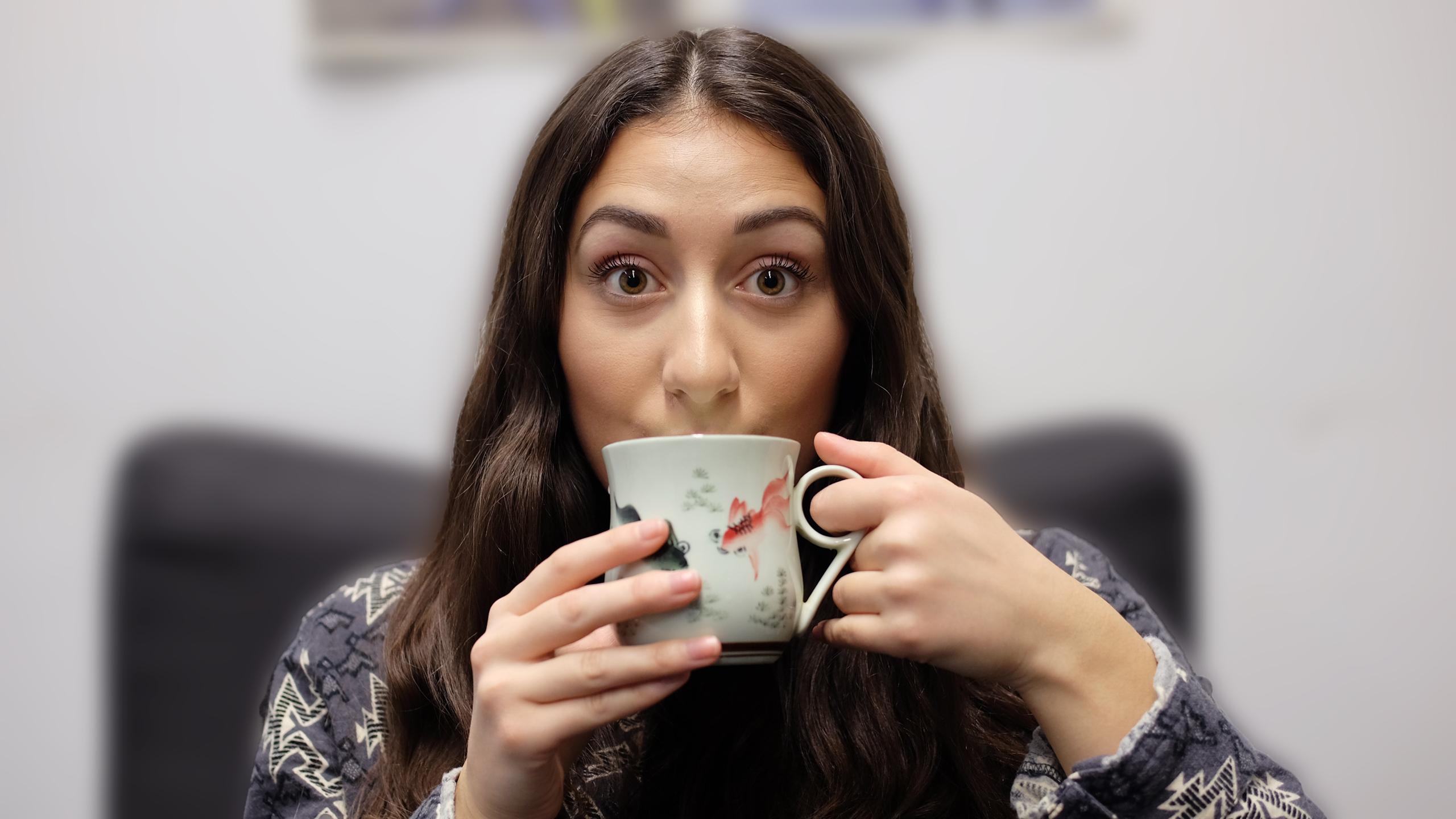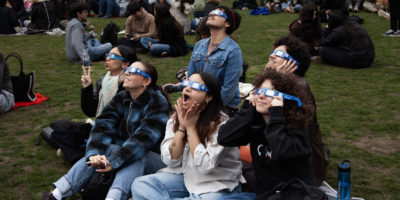By Sylvia Lorico
As I’m writing this, I’m drinking a cup of coffee, hoping it will keep me awake until I’m done my eight page essay and this article. But how much of a caffeine boost is my coffee really giving me? Is it enough to keep me up to finish that essay? Here’s a ranking of caffeinated drinks by how much of a boost they will give you.
Before I dive in, let’s establish that there’s a rough average to how much caffeine is acceptable in a day. Health Canada recommends that health adults consume no more than 400 mg of caffeine per day. That’s equivalent to about three eight-ounce cups of coffee.
Another important thing to note is that I will be measuring caffeine content by a 12 fluid ounces which is equivalent to a standard bottle of Coca Cola or Red Bull.
Soft drinks
I might as well be drinking no caffeine and just a pile of sugar. Coca-Cola has about 8 mg of caffeine for every 100 grams. For a single bottle, that means you’re only consuming about 30 mg of caffeine, which is arguably not enough to keep you through the night.
What might keep you up however is the sugar. A can of Coca-Cola has about 35 g of sugar which meets the recommended daily limit for sugar intake in a day.
Other soft drinks like Mountain Dew and regular Pepsi contain similar levels of sugar and caffeine content.
Still determined to use soft drinks to get a caffeine fix? Diet pop drinks like Pepsi Zero Sugar have about 69 mg of caffeine, almost double that of regular drinks.
Energy drinks
Energy drinks are usually high in vitamins and minerals, so it’s often the optimal choice for a student looking to get energized. However, drinking too much can lead to blood sugar crashes as well as other not so lovely side effects like high blood pressure or hyperactivity.
If you’re willing to look past these risks, there’s a lot more caffeine in energy drinks than your average soft drink. Red Bull and Monster can contain up to 160 mg of caffeine. You’ll also be drinking 27 g of sugar and some B Vitamins too.
Looking for a healthier option with a decent energy boost? V8 Fusion contains 120 mg of caffeine and while containing a full serving of fruits and vegetables at just 50 calories.
Tea
Tea is probably one of the healthier ways to wake up in the morning or stay up at night. Green tea is rich in antioxidants and has been shown to lower blood pressure. Green tea brands such as Tazo or Tetley only have about 30 mg a cup.
Black teas like Earl Grey or English Breakfast are a little bit stronger, containing anywhere from 40-70 mg of caffeine per cup. Still, tea is healthier option to have in smaller amounts if you’re looking to stay up.
Store bought coffee
Most likely, you’ll get a big caffeine boost from these commercial brands. Tim Horton’s original coffee blend has a whooping 140 mg of caffeine for one small cup while Starbucks has around 180 mg for a short cup.
But while coffee brews are relatively harmless, there are some items on the menu that should be avoided. A Starbucks Venti for example can contain up to 400 mg of caffeine, hitting the average recommended amount of caffeine in a day.
The verdict?
If you like healthy stuff and want to avoid sugars, go for tea. If you just need enough caffeine to get through a 24 page essay, opt for coffee or energy drinks. Regardless, it’s always good to watch what you drink and know the risks of too much caffeine.










Leave a Reply